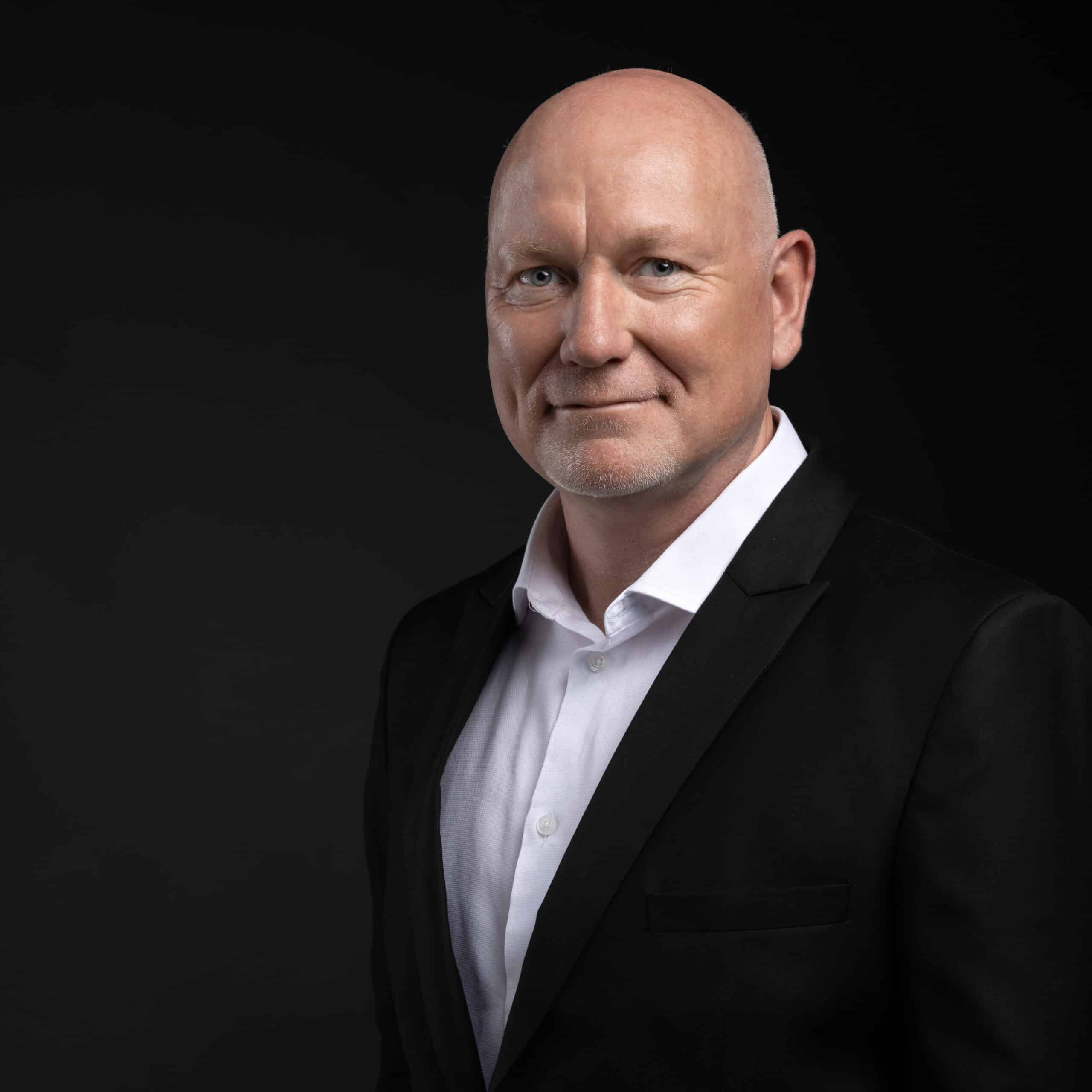
Tagungsprogramm
Das vorläufige Tagungsprogramm hilft Ihnen dabei sich einen Überblick über den Ablauf der 69. DGPuK-Jahrestagung in Erfurt zu verschaffen. Es sind bereits alle Beitragstitel und Vortragenden abgebildet. Um die Abstracts der eingereichten Beiträge einsehen zu können, rufen Sie bitte ebenfalls die Programmübersicht im Conftool auf (nur für angemeldete Teilnehmer*innen).
Bitte beachten Sie, dass sich bis zur Tagung noch geringfügige Änderungen ergeben können.
Ab sofort können sich alle Teilnehmenden auch für die Tagung über das Conftool registrieren. Weitere Informationen zu den Preisen und zur Registrierung finden Sie auf unserer Anmeldungsseite.
Die Druckversion des Programmhefts können Sie unter nachfolgendem Link als PDF herunterladen.
Um aktuelle Forschung und den wissenschaftlichen Austausch auch für die lokale und regionale Öffentlichkeit in Erfurt und Thüringen erfahrbar zu machen, bieten wir für Interessierte die Teilnahme an ausgewählten Panels an. Weitere Informationen zu den öffentlichen Panels und den Anmeldungsmodalitäten finden Sie unter nachfolgendem Link.
Die Anmeldung vor Ort ist sowohl beim Get Together (am 13.03.2023) als auch während der Tagung möglich.
Orte und Zeiten für die Anmeldung:
Das Tagungsbüro befindet sich in Gebäude C03-LG1 im Raum 102 (EG) und ist täglich von 8.30 – 18.00 Uhr geöffnet.
Pre-Conferences
Internationalizing German Communication Studies: Learning from the World
Das DFG-Netzwerk “Cosmopolitan Communication Studies” und die DGPuK Fachgruppe Internationale und Interkulturelle Kommunikation “International and Intercultural Communication” veranstalten bereits am 13.03.2024 eine Pre Conference in Erfurt.
EN: The DFG network “Cosmopolitan Communication Studies” and the Division “International and Intercultural Communication” of the DGPuK are joining for a pre-conference on Wednesday.
Date: Wednesday, 13 March 2024
Location: IBZ – Internationales Begegnungszentrum, Michaelisstraße 38, 99084 Erfurt
Further information and registration: see PreCon Website
Donnerstag | 14.03.2024 | 09.30 – 10.30 Uhr
KEYNOTE
Victimhood in far-right communication:
From critique to empowerment
In the context of the Covid-19 pandemic, the greatest global event of mass death in the 21st century, my lecture focuses on the communication strategies of far-right populist leaders Donald Trump and Boris Johnson in the first wave of infections (March June 2020). Elected on the basis of a political rhetoric that framed people-as-victims and promised to protect people from their perceived enemies (the “corrupt elites” or the “migrants”), these leaders nonetheless managed to top global death rankings during the first wave. Starting from this “paradox of victimhood”, I ask how each one of them managed to communicate the suffering and death of Covid-19, largely caused by their own policies, to their national communities. An obvious response would be that they did so through lies. While this is certainly the case, my argument is that we need to go beyond the singular focus on fake news and analyse far-right populist communication as a broader set of symbolic strategies that seeks to erase the pain and grief of ordinary people and present far-right activists as, themselves, the victims of oppression. This critical analysis, I contend, has something important to tell us not so much about these leaders’ pandemic failures, but importantly, about the place and role of victimhood in far-right populism and contemporary culture at large. I conclude with reflections on how the vocabulary of victimhood could be reclaimed and used in ways that benefit the structurally vulnerable, empowering cultures of solidarity, and protesting against systems of cruelty and oppression.

Lilie Chouliaraki
Lilie Chouliaraki is Professor of Media and Communications at the London School of Economics and Political Science. Her work focuses on the ethical and political complexities of communicating human suffering in the media. Her most recent work is on the cultural politics of victimhood in western societies. Her book on the topic, entitled “Wronged. The Weaponization of Victimhood”, is forthcoming in Columbia University Press in May this year. Other book publications include ‚Discourse in Late Modernity’ (co-authored 1999), ‘The Spectatorship of Suffering’ (2006), ‘The Soft Power of War’ (ed., 2008), ‘The Routledge Handbook of Humanitarian Communication’ (co-ed, 2021) and ‘The Digital Border. Mobility, Technology, Power (co-authored, 2022). She is the recipient of two LSE Teaching Excellence Award and five international awards for her research publications, including the Outstanding Book of the Year award of the International Communication Association (2015, for ‘The Ironic Spectator. Solidarity in the Age of Post-humanitarianism’); as well as a lifetime Fellowship of the International Communication Association (2020).
Visions of a good life from the Global South:
towards an ethics of listening
How can global media contribute to the good life? And how do we agree on what the ‘good life’ means from our vastly different backgrounds and experiences? How do we live ethically in a world saturated by globalised media yet marked by conflict and inequality? The keynote will consider these questions within the framework of a global media ethics of listening.
Herman Wasserman
Herman Wasserman is Professor and Chair of the Department of Journalism at Stellenbosch University, South Africa, and a former newspaper journalist. His books include Tabloid Journalism in South Africa, Media, Geopolitics, and Power Media, Conflict and Democracy in Africa, and Disinformation in the Global South (with Dani Madrid-Morales). He is a Fellow of the International Communication Association and an elected member of the Academy of Science of South Africa. He has consulted for UNESCO, Deutsche Welle Akademie, Digital Public Square, Africa Check, the Center for International Media Assistance and serves on the scientific committee of Reporters without Borders.

C21-KIZ | Hörsaal 1
Freitag | 15.03.2024 | 11.00 – 12.30 Uhr

C21-KIZ | Hörsaal 1
Keynote im Gespräch I
Ein besseres Leben durch wissenschaftliche
Evidenz in der Politik?
Politische Entscheidungen sollten auf der Basis von möglichst belastbarem Wissen getroffen werden. Auch die Kommunikationswissenschaft ist in vielen Themenbereichen zunehmend gefordert, ihr Wissen für evidenzorientierte Entscheidungen bereitzustellen, sei es in Fragen der Medienwirkungen oder der Medienregulierung. Häufig ergeben sich jedoch im Verhältnis von Politik und Wissenschaft Missverständnisse und Probleme bei der Kommunikation beider Sphären. Die Keynote im Gespräch geht mit Vertreter:innen aus Wissenschaft und Politik der Frage nach, wie der Transfer (kommunikations-) wissenschaftlicher Erkenntnisse in die Politik gelingen kann und welche Herausforderungen dabei bestehen. Es diskutieren:
- Minister Prof. Dr. Hoff | Thüringer Minister für Kultur, Bundes- und Europaangelegenheiten und Chef der Staatskanzlei
- Prof. Dr. Betsch | Direktorin IPB, Universität Erfurt; BNITM Hamburg
- Prof. Dr. Vogel | Generaldirektor Naturkundemuseum Berlin
- Hr. Fuchs | Politikberater und Publizist
Moderation: Dr. Mirjam Jenny | Wiss. Geschäftsführerin IPB, Universität Erfurt
KEYNOTE IM GESPRÄCH II
Ein besseres Leben durch wissenschaftliche
Evidenz in der Politik?
Der (digitale) Strukturwandel stellt insbesondere lokale und regionale Medien vor schwerwiegende Herausforderungen, die ihre wirtschaftliche Existenz bedrohen und das Informationsangebot und die Meinungsvielfalt potenziell einschränken. Ausgehend von einer Keynote durch die Aufsichtsratsvorsitzende der Funke-Mediengruppe Julia Becker diskutieren wir mit Klaus Meier sowie Christopher Buschow die Frage, wie Medienorganisationen diesen Wandel erfolgreich bewältigen können – und wie das Mediensystem der Zukunft gestaltet sein muss, um eine funktionale Öffentlichkeit zu sichern.
- Julia Becker | Verlegerin FUNKE Medien
- Prof. Dr. Klaus Meier | Katholische Universität Eichstätt-Ingolstadt
- Prof. Dr. Christopher Buschow | Hamburg Media School
Moderation: Prof. Dr. Leyla Dogruel | Universität Erfurt

C21-KIZ | Hörsaal 2
